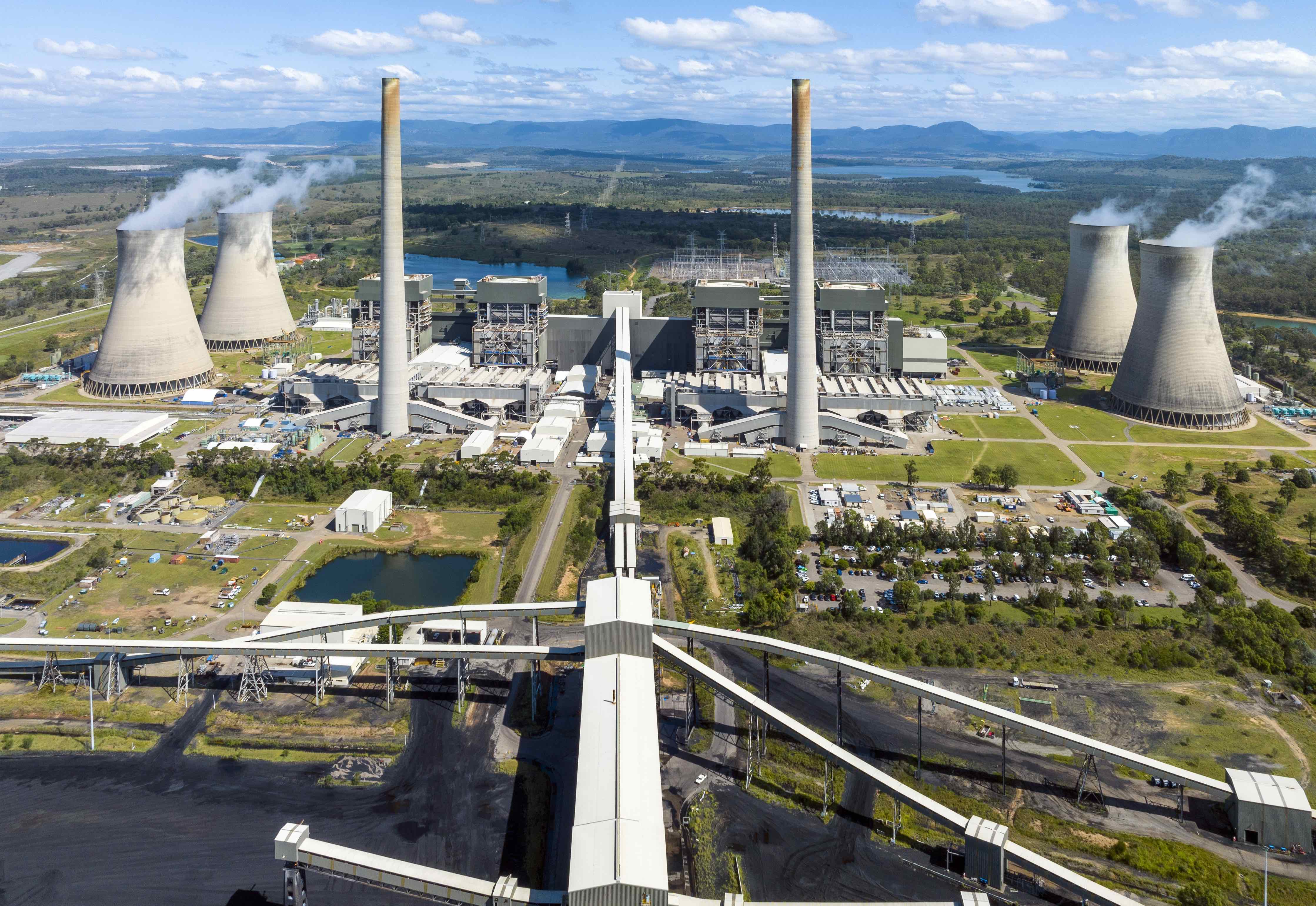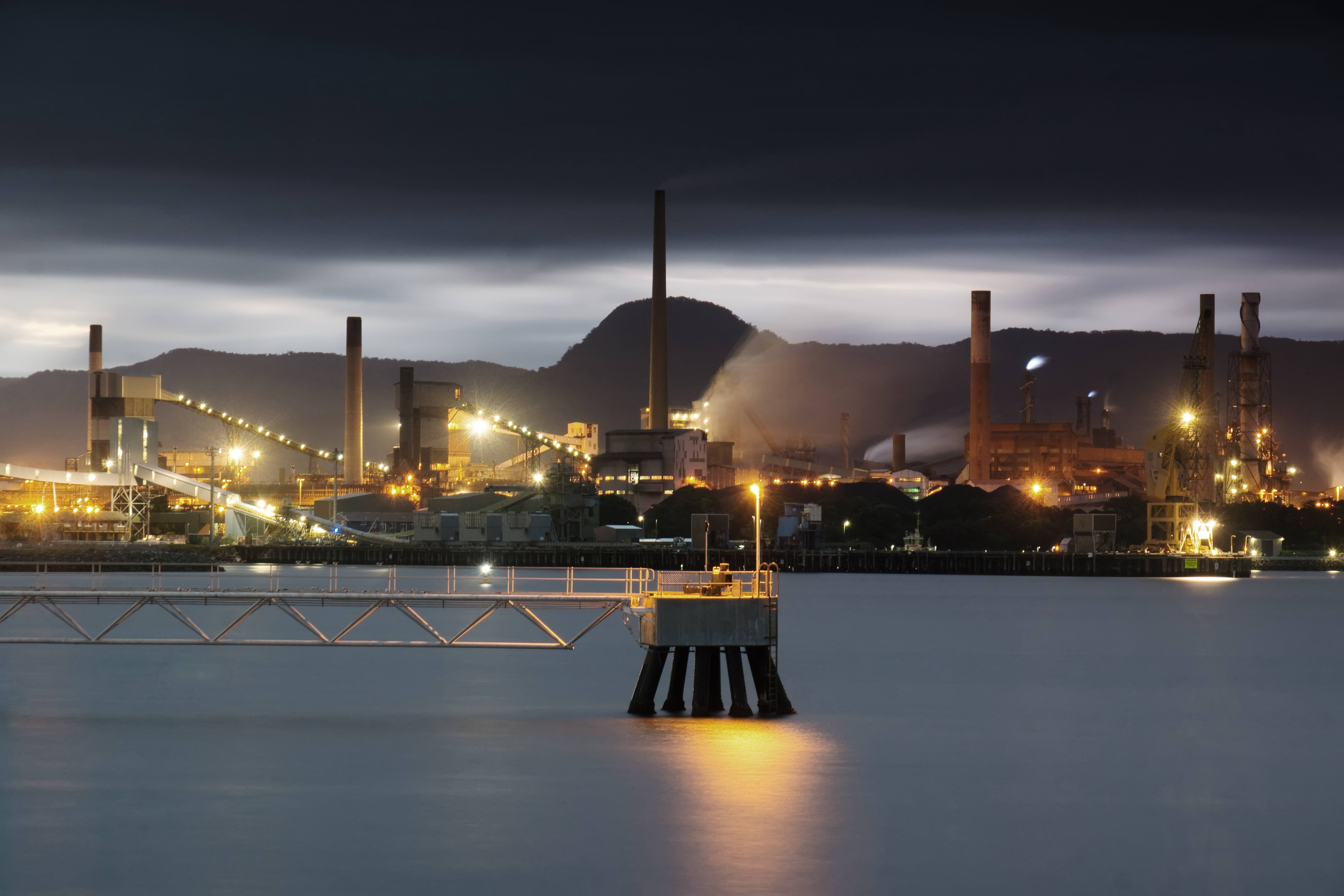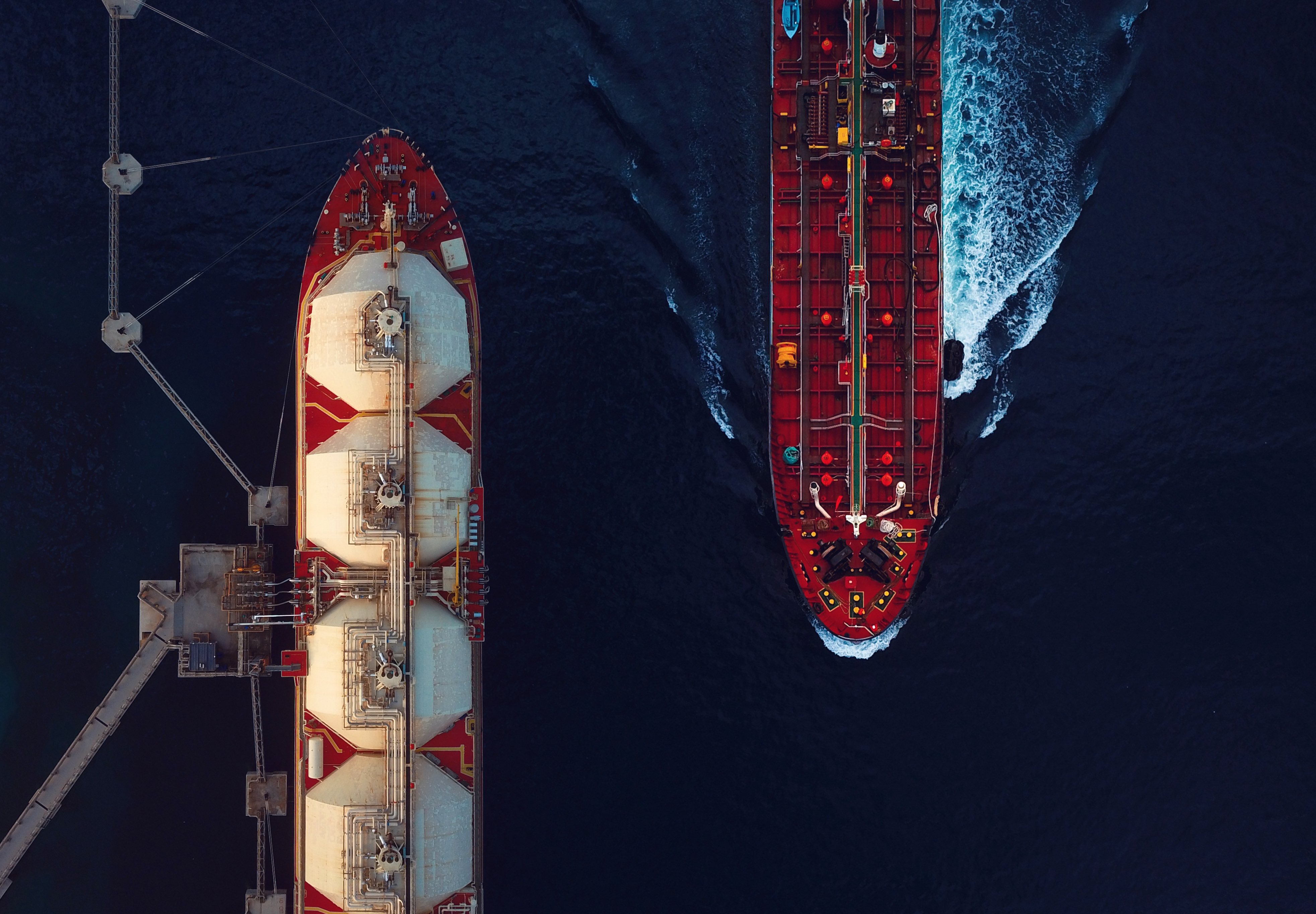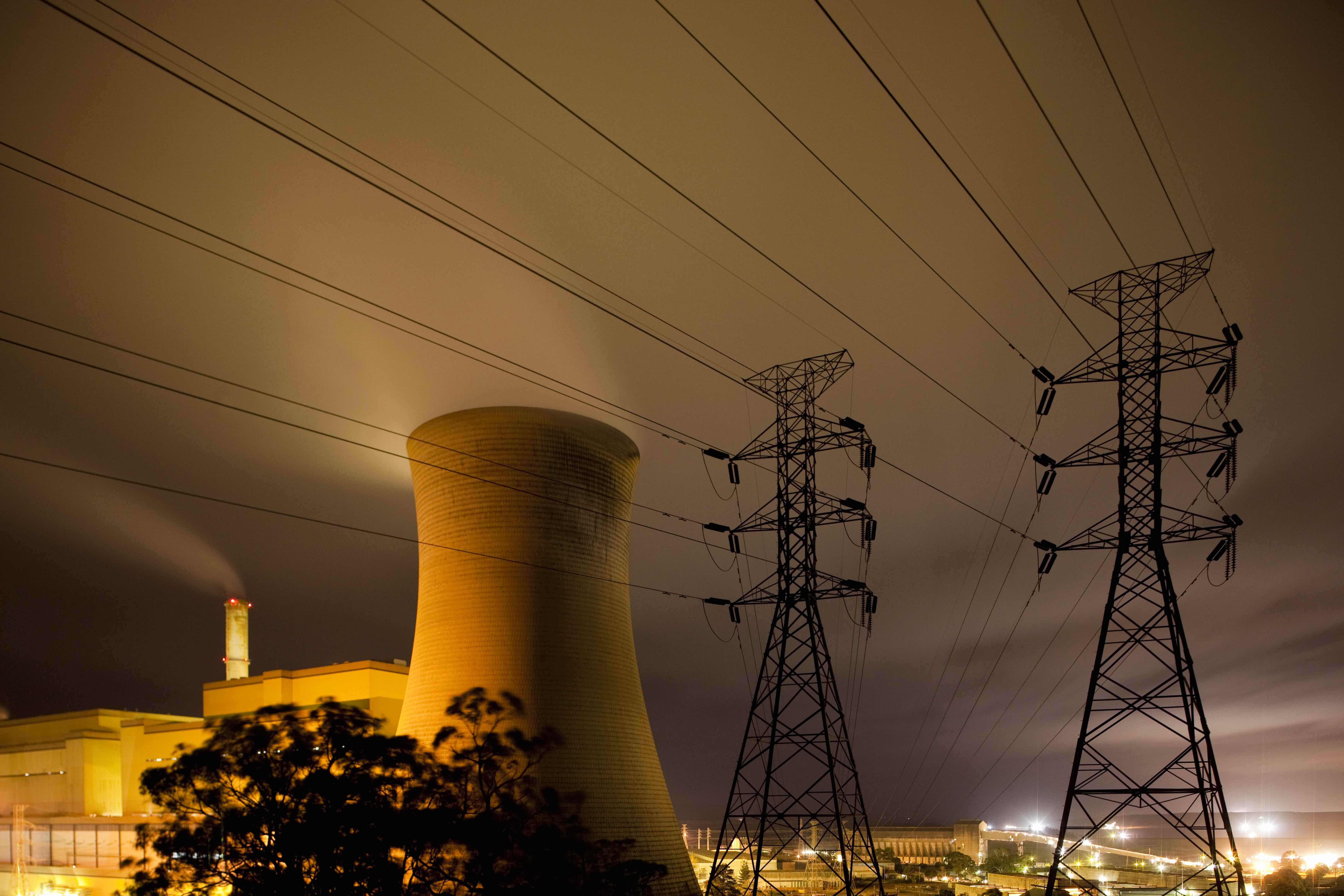By Rohan Byrne
Published on June 12, 2024
My student's brow is furrowed. "But that can't be right."
I'm a planetologist at the University of Melbourne. Every year, I teach a first-year course on introductory climate science – which is mandatory for all science undergraduates.

It's grim subject matter.
The overwhelming consensus of the expert community has us headed for a two-degree rise in global temperatures – at the least. This increase will put more of the global population at risk of life-threatening extreme weather and increases the likelihood that our planet will reach an irreversible tipping point.
On the frontlines of Australia’s climate wars, the fatigue - and the despair - is palpable. But you wouldn't know that from talking to our nation's political leaders, who have just announced a new energy policy that locks in Australia’s addiction to fossil fuels indefinitely.
The government's Future Gas Strategy does what it says on the tin: Australia is now committed to extracting, exploiting, and exporting 'natural gas' - that is to say, methane - all the way to 2050 and beyond.

Sciences & Technology
Our health is compromised by our global fossil fuel addiction
To be sure, gas isn’t something governments can ignore in this country.
Five million households depend on methane for cooking and heating. The industry employs 250,000 people and accounts for over five per cent of Gross Domestic Product.
Almost two hundred cubic kilometres of the stuff sails out of our ports every year, bound for energy-hungry markets that have no alternative, like Japan. The cash that flows back has made Australia rich, and gas companies even richer.

Unfortunately, methane releases carbon, carbon wrecks the climate, and we agreed in Paris that we wouldn’t do that anymore.
If only we could magic that carbon away, reasons the government, we could have our fossil fuel cake and eat it too. A few million dollars buried in the back end of the budget are apparently sufficient for this task.
Back in the classroom, I suppress a sigh. "Okay. Let's take this from the top."

Environment
Can the courts save us from climate change?
This year, fossil fuel companies will pull over 10 billion tonnes of carbon from the world’s coal, oil and gas deposits. That's a tonne and change for every person on Earth.
Delivering that carbon to your door will be the work of the single largest industrial complex - by far - ever devised by humankind.
It will require over a third of all the cargo ships on the sea and enough pipeline to pump crude to the Moon and back – three times over.
It will involve around 30 million workers and 30 trillion dollars of infrastructure. Whether in the form of the petrol in your car, the fertiliser in your food, the plastic in your toothbrush, or the electrons in your lightbulb: the fossil fuel complex will thread that carbon into every part of your life.

And then?
After all the value has been wrung out of them, those carbon atoms will simply be released into the world: as microplastics in our bodies, acid in our oceans, and most of all, as carbon dioxide aloft in the atmosphere, trapping sunlight and heating our planet.
Since industrialisation, almost 500 billion tonnes of carbon has been transported from the geological past into our human present via the fossil fuel complex.

Environment
Our window is closing on a liveable future
It's a figure I have no trouble remembering because of a neat historical coincidence: it's roughly the same as the amount of carbon currently making up all the living creatures on Earth.
In other words: a complete ancient biosphere, hundreds of millions of years dead and buried, has just been resurrected and dropped on our heads. And more zombies rise every day.
I take my students through these numbers every year, and every year the response is the same - like the stages of grief.

First comes denial. "That can't be right." Then sometimes anger. "You're just trying to scare us."
Then comes the bargaining. And here, Australia's federal government could run a master class.
Under the government's plan, the extraction of carbon in the form of methane will not only continue but expand. Billions of dollars are now allocated for new gas fields, new pipelines and new extraction technology.

Together with the other major fossil fuel-exporting economies of the world, the plan is clear: not to halt, nor reduce, but to actually increase carbon extraction for decades to come.
Yet we are assured that none of that carbon will end up in the atmosphere. So where exactly will it go?
The hands in my class shoot up. We can use it for plastic. We can hide it underwater. We can store it in trees. We can bury it underground.
And then I draw another three lines under that number: 500 billion tonnes.

Moving that much carbon from underground into the atmosphere was the seminal feat of the modern age. Cleaning it up will be like trying to gather confetti after a wedding that's lasted 300 years.
We could grow a new Amazon rainforest every decade and only just break even. Australia could fill 300 MCGs with liquified carbon dioxide every year and not even cover our direct emissions. Melbourne could build a Great Pyramid of Giza in solid graphite every year and barely store the carbon from postcode 3000 alone.
But of course, we can't do those things. We can't even manage a train line to the airport.

Environment
Hope and courage in the climate crisis
The truth is that every atom of carbon we extract becomes a part of our human world indefinitely. Every atom has to be put somewhere, and every atom has to be kept there - by human wealth and labour – forever.
Carbon is a tax on future generations that no change of government will ever relieve.
Unlike our government, my students soon get over the bargaining phase of their grief. Next comes depression; "So we're doomed." Then, tragically, most move on to acceptance; "It's not worth dwelling on."

It never occurs to them that we could simply stop the extraction of carbon - leave it right where it is, where Mother Nature stores it on our behalf, safely and perpetually, for free.
But of course, that would require them to imagine a totally different world: a world where energy comes from the sun; where nothing goes to waste; where the oceans are full of wind-driven ships carrying spices and ideas instead of oil-burning ships carrying coal and gas.
And that just doesn’t seem practical – does it?
I don't know how exactly to weigh the immovable object that is our government's deadly commitment to fossil fuels. But to be sure, it weighs at least 500 billion tonnes – and counting.
This article was first published on Pursuit. Read the original article.